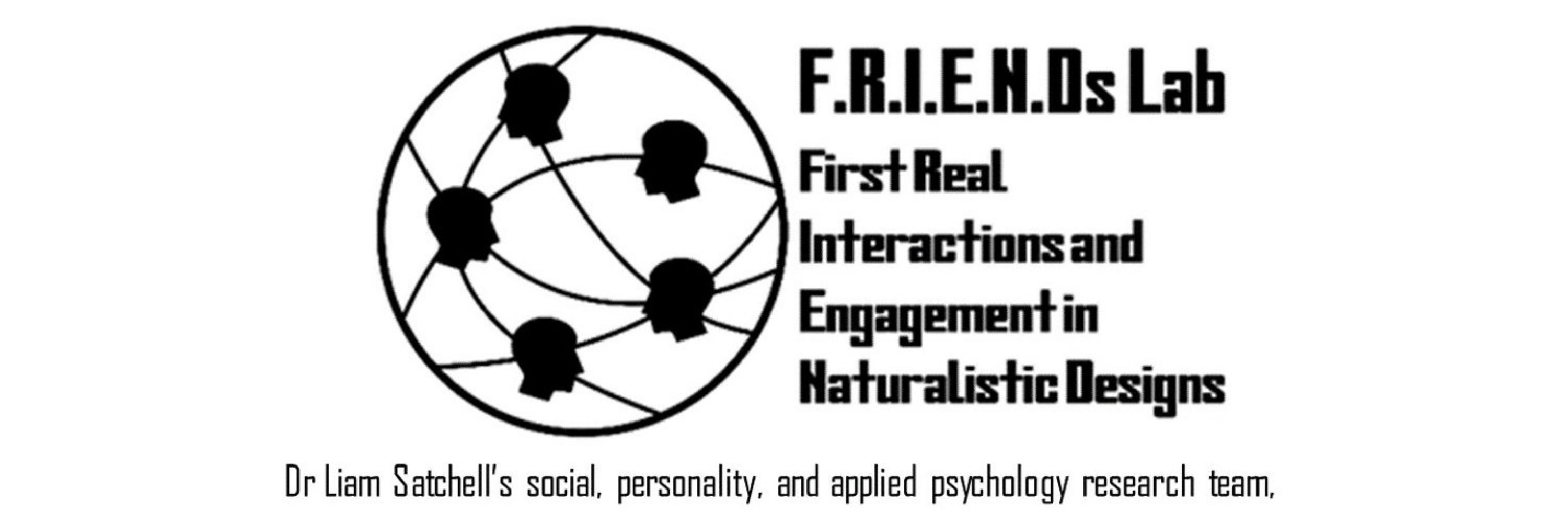
•Lecturer in Psychology at UoP:
Personality, first impressions, Methodology & Validity
The biggest thanks to Jess and Alex - and QJEP! - for being on this science adventure with me!
The biggest thanks to Jess and Alex - and QJEP! - for being on this science adventure with me!
What does that all mean - for both this study and doing science?
What does that all mean - for both this study and doing science?

